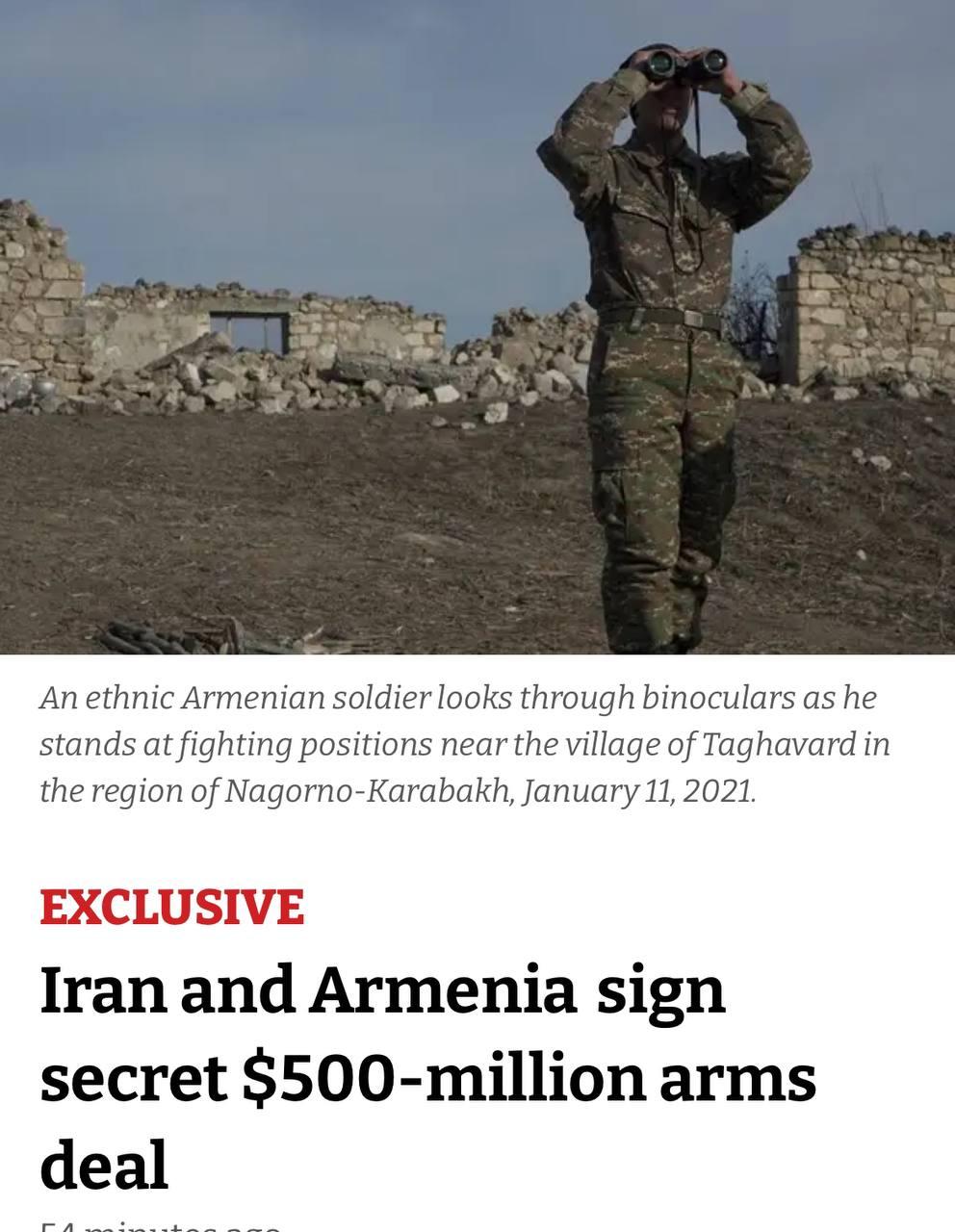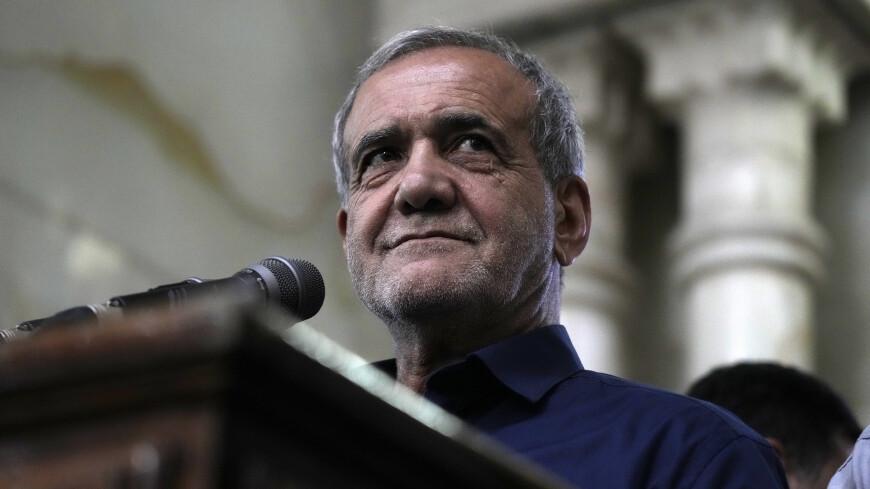Phantom arms deal: How false claims aim to derail Baku-Tehran diplomacy Azerbaijan embraces "forewarned is forearmed" principle
Recent media reports have circulated claims that Iran and Armenia have struck a significant arms deal, allegedly worth $500 million, with Iran supplying advanced weaponry to Armenia. This information was reportedly sourced from an article in the British-based publication Iran International.
However, according to reliable sources consulted by Caliber.Az, these claims are entirely fabricated. It appears that certain actors are intent on sabotaging the burgeoning relationship between Azerbaijan and Iran by spreading false information. This tactic mirrors past efforts to artificially create crises between the two nations.
The article in question cites an unnamed senior military official from the Middle East, who purportedly disclosed that Iran and Armenia had agreed on a major arms deal. The alleged deal includes a range of equipment such as Shahed kamikaze drones, Mohajer-6 attack and reconnaissance drones, and various surface-to-air missile systems, including Khordad, Majid, and Shahed Arman. The report also suggests that the agreement involves not only arms supplies but also intelligence cooperation, training, and potentially the establishment of an Iranian military base in Armenia.

Such reports are part of a broader disinformation campaign aimed at stirring up tensions and undermining diplomatic progress between regional players.
The publication highlights that the alleged arms deal would significantly strain Armenia's budget and questions how the relatively low-income country could afford such an expense. Iran International notes that Armenia's defence budget for 2024 is approximately $1.4 billion, with the purported deal consuming about a third of this amount. The publication speculates that Tehran might offer a loan to Armenia to cover the cost.
The report also suggests that Azerbaijan would be highly displeased with this deal, interpreting it as a sign of Iran’s opposition to Azerbaijan's defence cooperation with Israel. Military analyst Farzin Nadimi commented that the agreement could exacerbate tensions between Azerbaijan and Iran, indicating that Iran might be using this to signal discontent over Azerbaijan's strategic ties with Israel and to strengthen its relationship with Armenia.
"Azerbaijan will be very, very angry with this agreement [between Tehran and Yerevan]. At the same time, Iran wants to show its displeasure with Azerbaijan because it is the main customer of Israeli weapons. Azerbaijan and Israel have strategic relations. I think that through such agreements Iran is showing Azerbaijan that the country's relations with Israel will bring Iran closer and closer to Armenia," he noted.
Given that the information has been discredited, we can tentatively explore the potential sources behind it. Iran International, a platform representing the Iranian opposition in exile, is known to be funded by Western governments. Considering some of these governments' envy over Azerbaijan's growing sovereignty and its efforts to establish balanced, mutually beneficial ties with Iran, it’s plausible that the intent behind this article is to create friction between Baku and Tehran. This comes at a time when their relationship is improving after a long-standing crisis. Furthermore, the article seems aimed at inciting outrage among the Azerbaijani community in Iran.

It is important to highlight that these developments are occurring against a backdrop of significant events: the resumption of Azerbaijani diplomatic activity in Tehran, the construction of the South-Araz corridor, and the election of Pezeshkian, an ethnic Azerbaijani reformer, as the president of the Islamic Republic of Iran. Pezeshkian's presidency brings hopes for reduced internal control and greater stability within Iran. Given these factors, it is plausible that certain forces are seeking to exploit this critical moment to incite panic within Iran and provoke tensions with its neighbours.
In this context, it is reasonable to anticipate that this article might be the first of several similar pieces, potentially forming part of a broader black PR campaign. This campaign would aim to not only undermine the improving relations between Tehran and Baku but also to amplify internal instability within Iran.
Azerbaijan places high value on its restored relations with Iran and is determined not to succumb to such provocations. Nevertheless, Azerbaijan remains vigilant regarding Tehran's actions and any potential signs of hostility. The principle of "forewarned is forearmed" has become integral to Baku's geopolitical strategy and will continue to guide its approach.








